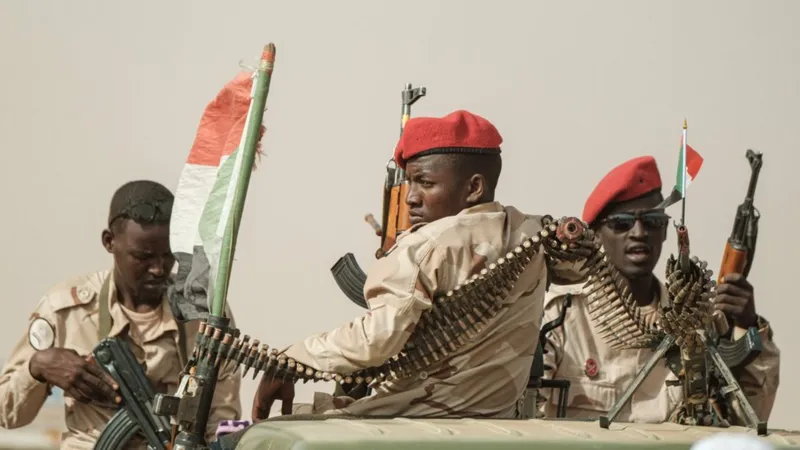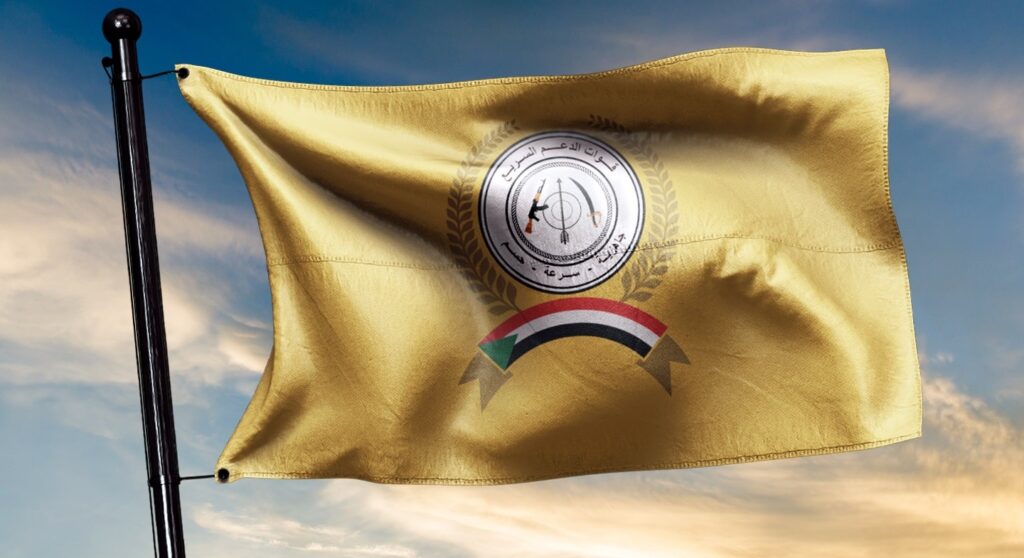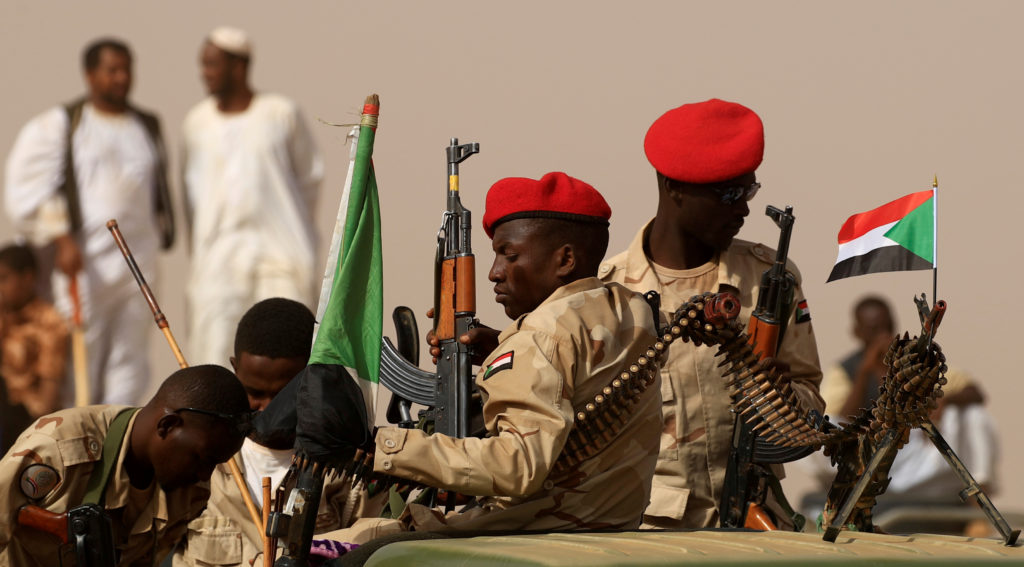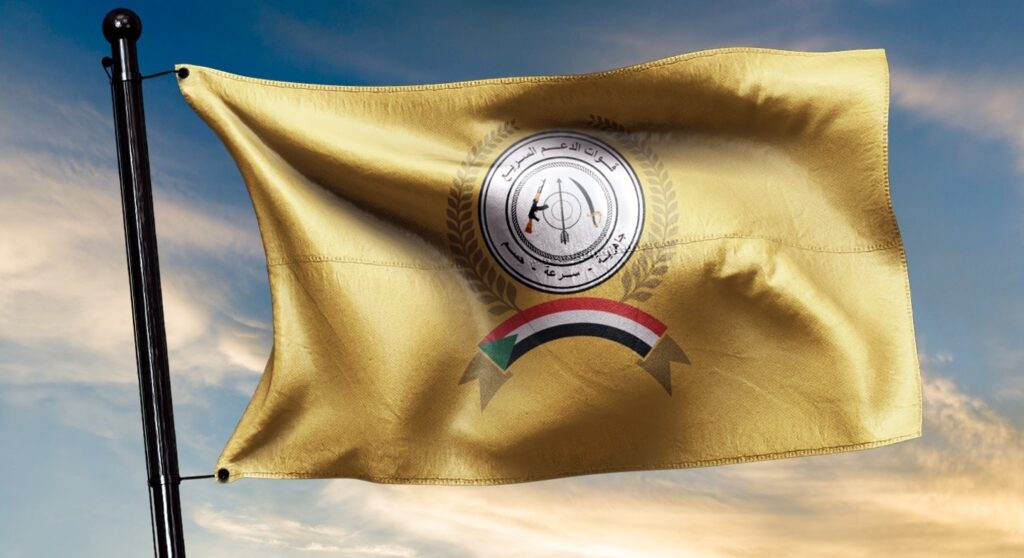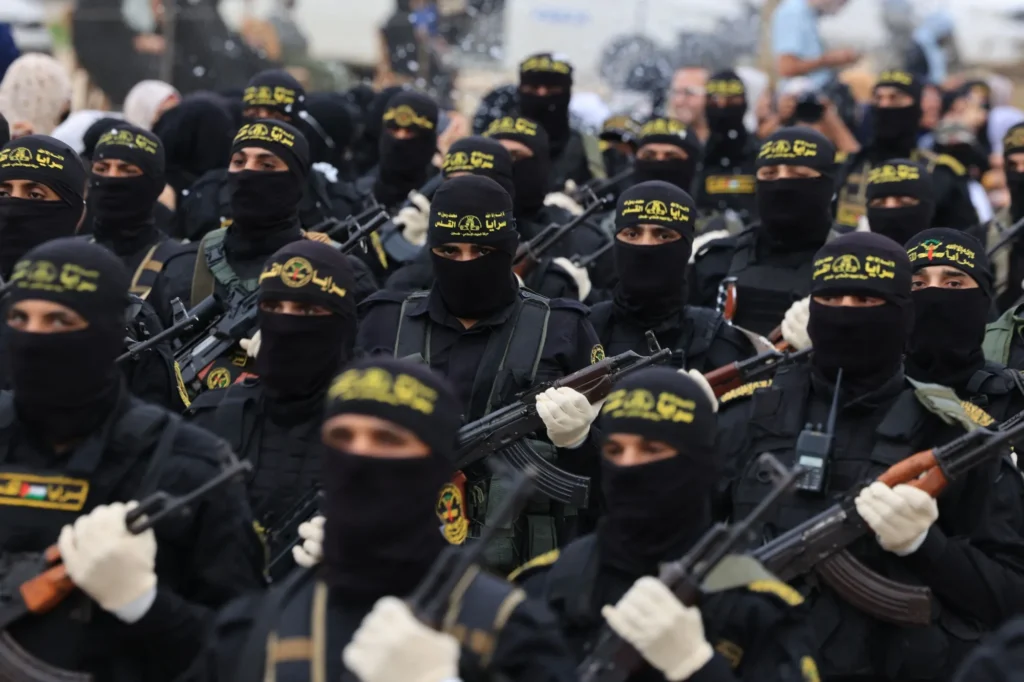
Sudanese political analysts say Washington may move to place the Muslim Brotherhood in Sudan and allied groups on a terrorism list, arguing the movement has obstructed efforts to secure a humanitarian truce and negotiations to end the war.
Their assessment draws on language in a recent statement by the Quad — Egypt, Saudi Arabia, the United Arab Emirates and the United States — which said Sudan’s future “cannot be dictated by violent extremist groups that belong to or are demonstrably affiliated with the Muslim Brotherhood,” whose destabilizing influence has fueled unrest across the region, according to the text.
The Quad appeal for a three-month humanitarian pause landed the same day the U.S. Treasury announced new sanctions tied to the Sudan conflict, including on the al-Baraa bin Malik Battalion, widely described by critics as a key armed wing aligned with the Brotherhood. The measures also targeted Finance Minister Jibril Ibrahim. The U.S. framed the sanctions as aimed at curbing Islamist influence inside Sudan and constraining Iran’s regional activities.
U.S. officials have signaled they will use “all tools” to prevent a Brotherhood return to power in Sudan, citing the movement’s role in undermining the previous civilian transition, derailing the Framework Agreement, and contributing to the April 2023 war between the SAF and the Rapid Support Forces. Officials say hardliners continue to impede ceasefire efforts.
The Brotherhood dominated Sudanese politics for decades through its National Congress Party until a 2019 uprising toppled Omar al-Bashir’s rule and dissolved the party. Analysts argue the movement regained sway amid infighting within the post-revolution authorities and the ambitions of SAF chief Abdel Fattah al-Burhan, pointing to its influence over the October 2021 coup and subsequent push for a military confrontation with the RSF. They also blame the movement’s leverage within the command structure for scuttling regional and international peace initiatives.
Some observers view a U.S. terrorism designation as a logical next step after the Quad statement and the latest sanctions. They contend such a move could ease pressure on the SAF leadership to align with peace talks, given the military’s battlefield stalemate with the RSF.
Political commentator al-Tayeb al-Zein said the SAF’s rejection of the Quad’s call reflects the lingering grip of figures from the former regime — locally known as “al-Kizan” — over military decision-making. He argued that breaking the Brotherhood’s hold over state institutions, especially the SAF, is essential to building a civilian-led state.
Sudan’s SAF-junta aligned government condemned the U.S. sanctions on al-Baraa bin Malik, with the Foreign Ministry saying unilateral measures would not advance peace or international security. It stressed that resolving Sudan’s crisis is ultimately a sovereign matter guided by the aspirations of Sudanese citizens, even as it pledged to engage with international partners.
No formal U.S. designation of Sudan’s Muslim Brotherhood has been announced, but analysts say recent steps indicate rising pressure on Islamist actors seen as obstructing a settlement.

